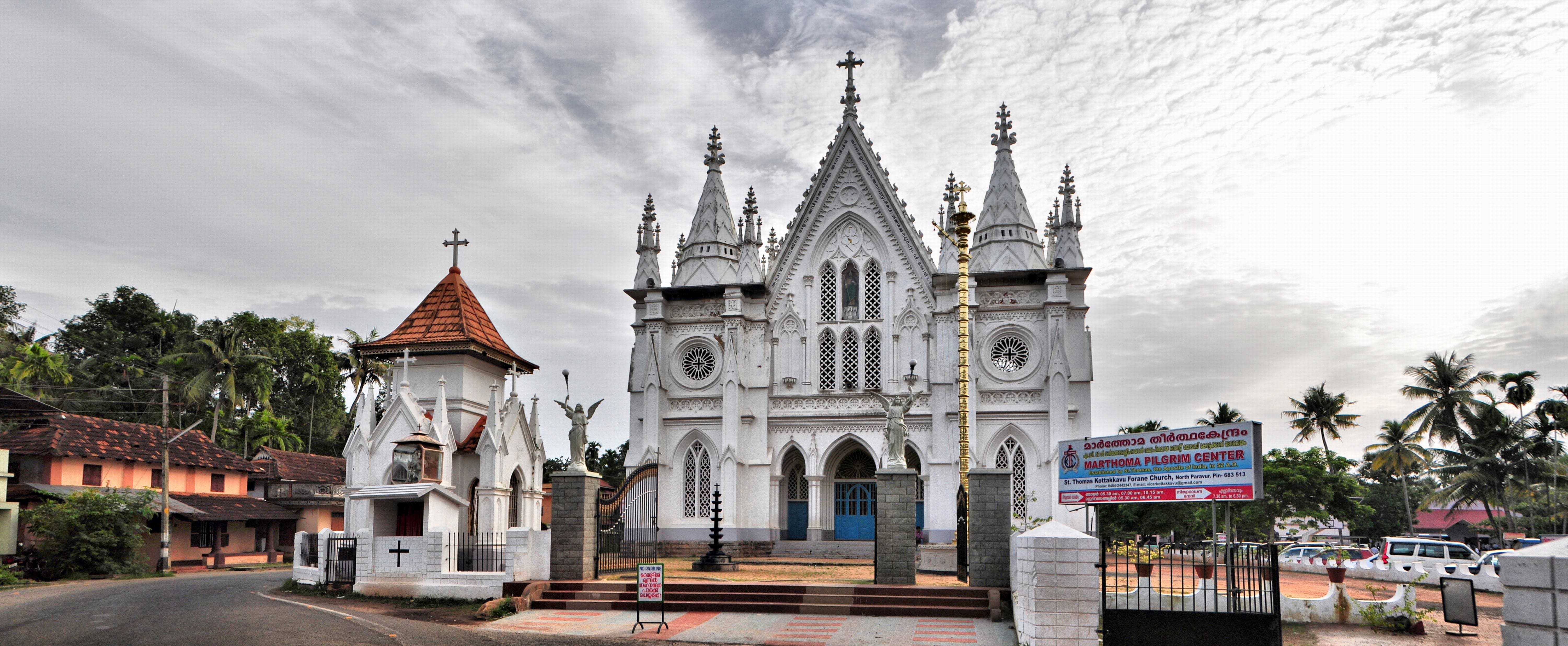The women’s commission chairperson Rekha Sharma recommended that the government should abolish the system of confession as it puts at risk the safety and security of women in the context of the case against four Malankara Syrian Orthodox Church priests who had allegedly sexually abused a woman parishioner by blackmailing her using her confession secrets. Leaders and believers of Christian denominations in which the sacrament is being practiced went up in arms against the proposal calling it part of a plot to oppress the minorities. Even leaders of the ruling party BJP like George Kurien, vice-chairperson of the National Commission for Minorities, came out openly against the recommendation.
Even moderate Church leaders like Father Paul Thelekkat, former spokesman of the Syro-Malabar Catholic Church, lashed out at Sharma by saying, “The tradition of Confession has been there in churches across the world, even in Saudi Arabia. This is the first time such a proposal is being heard. It is stupid, unfortunate… What else to say?” The clergy’s fear was that a campaign against Confession if allowed to gather momentum could lead to a situation akin to the one of Triple Talaq.
However, nobody cared to look into the spirit and purpose of the proposal — though it is certain that the Government is unlikely to consider it seriously anytime in the near future.
“There are certain things in the Church for which the clergy is unable to provide a logical answer. Why should wine containing alcohol be there for Masses? The issue of Confessions is far more crucial. Can the church leaders guarantee that Confession secrets would never be misused by lust-ravaged and power-driven priests? They can’t. The issue in the Orthodox Church is just an example,” said Lonappan, a laity in Thrissur.
Moreover, there are legal issues involved in the case of Confession, says Lonappan, adding that it was only in July an Australian Archbishop was sentenced to one-year detention for concealing child sex abuses in the Church. “Is it proper and morally correct, even in the eyes of God, for a priest, his deputy, to keep a secret like this forever just because he had come to know of it in Confession?” He also pointed out that there was no mechanism in the Church to prevent misuse of Confession secrets.
As per the law, it is an offence on the part of any person to fail to report a crime that has come into his knowledge. Political leaders have been arrested in Kerala for merely failing to report to the police their alleged knowledge about conspiracies against opponents.
“Unfortunately, Section 39 of the CrPC which requires everyone to report his knowledge of a commission of or intention for crime does not include the rape, coming under Section 376 of the IPC. So, a priest can argue that he need not report such a crime which he had come to know of through a Confession,” Lawyer DB Binu, noted Kochi-based RTI activist, says.
Again, Binu points out, there are Supreme Court guidelines regarding crimes relating to sexual abuse. The head of an institution should necessarily report a sexual offence committed within his workplace. “Here also, there can be escape routes for a priest who comes to know of such a crime. What if the crime which he has come to know through a Confession has not been committed in the Church premises?” he asks.
Writer: Pioneer
Courtesy: The Pioneer








 OpinionExpress.In
OpinionExpress.In















Comments (0)